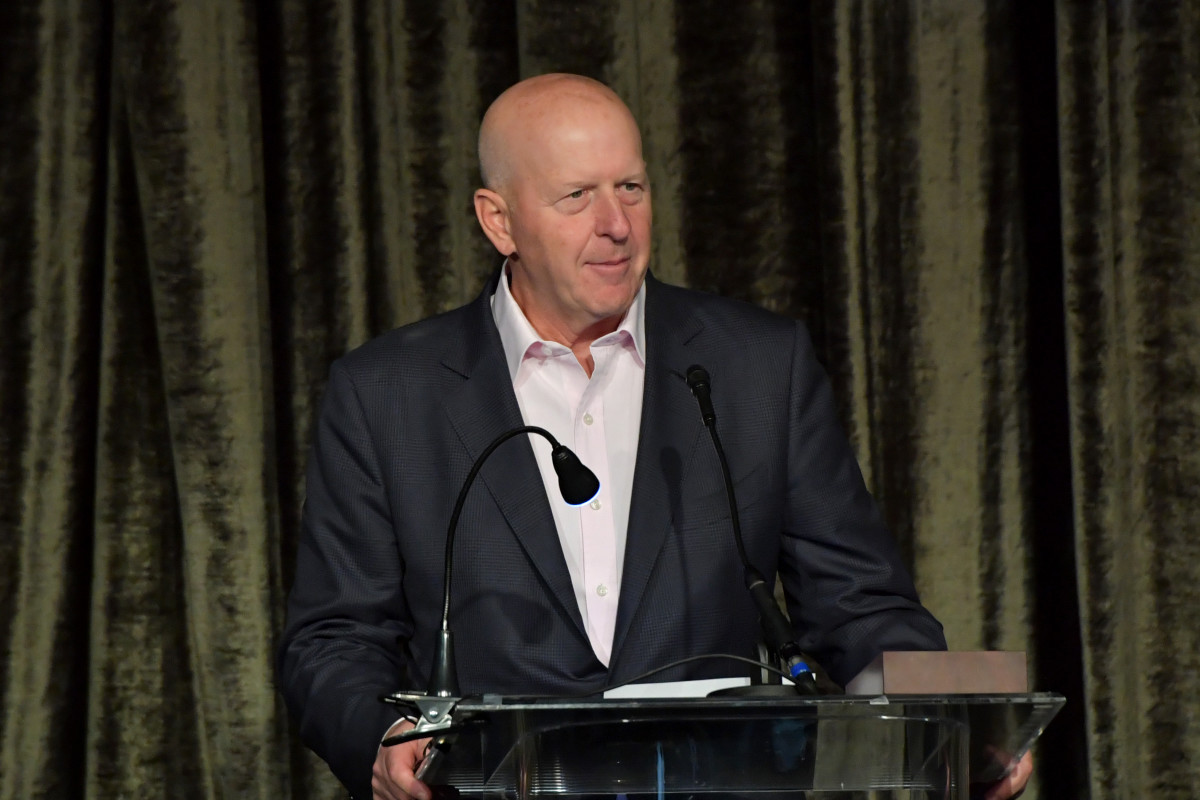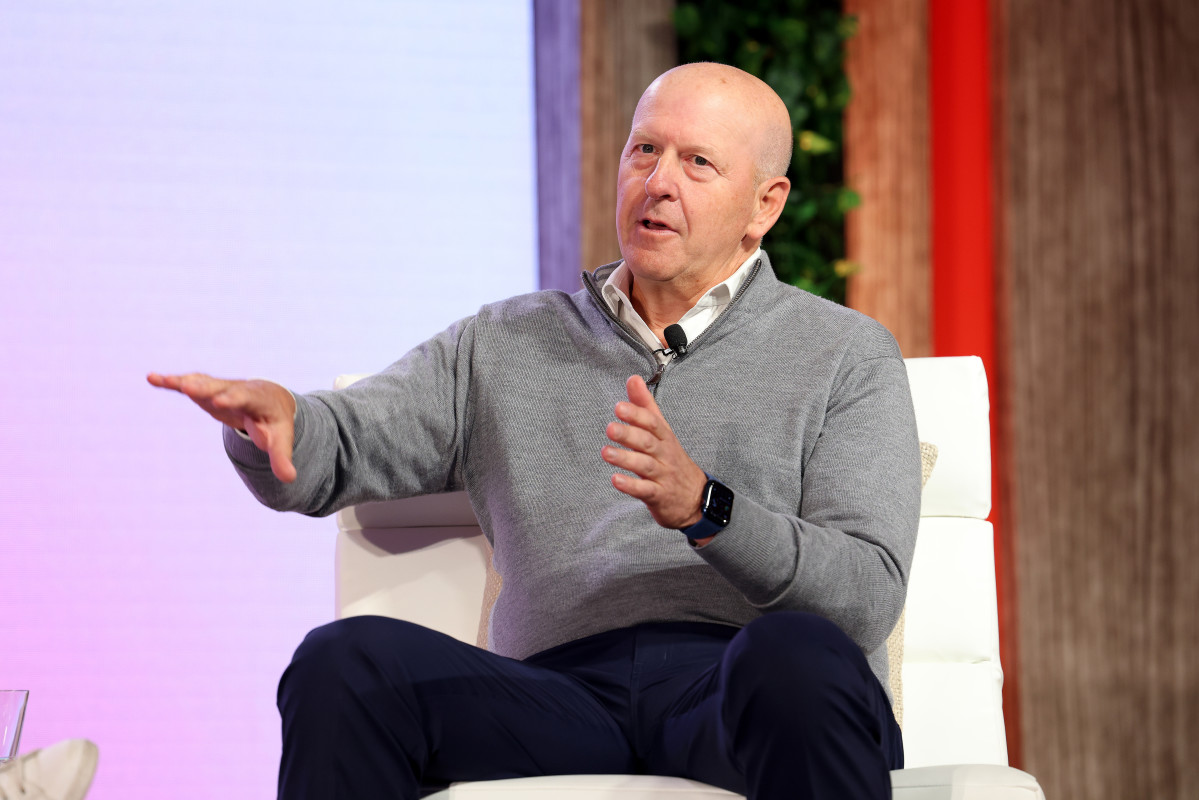
In 2022, many economists said a recession was highly likely in the next 18 months.
One of them was Harvard’s Larry Summers, a former Treasury secretary. He noted that anytime in the past 65 years when inflation rose above 4% and unemployment fell below 5%, the economy entered recession in the following two years.
Inflation peaked at 9.1% in June 2022 and registered 3.1% in January 2024. Unemployment stood at 3.7% in January 2024.
Those warning of recession believed interest-rate increases by the Federal Reserve would not just shrink inflation. They were concerned that the tightening would also push the economy into a downturn by crushing demand. That’s what’s known as a hard landing.

Fed rate hikes, soft landing for the economy
The Federal Reserve engaged in a historically intense rate-hike campaign, pushing rates 5.25 percentage points higher from March 2022 to July 2023.
While the rate increases did push home sales down by making mortgages more expensive, consumer spending continued to grow.
That’s important because the consumer sector accounts for over two-thirds of GDP. Personal spending rose 2.2% last year, helping to push GDP up 2.5%.
With growth buoyant and inflation sliding, many economists maintain that we’ve achieved a soft landing. That refers to a slowdown in inflation accompanied by an economy that still grows.
"Evidence of the post-Fed-pivot soft-landing playbook has strengthened,” Morgan Stanley strategists wrote in a note cited by Reuters.
The Fed pivot refers to the central bank’s decision to stop raising rates after last July and its forecast of three rate hikes for this year.
Doubts from Goldman CEO Solomon
But not everyone believes the soft-landing outcome is a slam dunk. Goldman Sachs Chief Executive David Solomon is one of the outliers. “The world is set up for a soft landing,” he said at a conference Tuesday, according to news reports.
“The market certainly perceives there’s a very high delta [likelihood] to a soft landing. My own view is it’s a little bit more uncertain than that.”
He’s not flat-out predicting a hard landing. “I think the chance that we could muddle through with either a shallow recession or a soft landing certainly feels more likely,” he said in an internal Goldman interview last week.
More on stocks and the economy
- Cathie Wood sells AI stock, buys 182,000 shares of beat-up tech stock
- Analysts suggest 'Teflon' stock market echoes 1990s bull market
- Veteran fund manager reveals 3 favorite global stocks
Solomon’s emphasis seems to have changed from remarks he made just two weeks ago: “I think the chance of a softer landing feels better now than it felt six to nine months ago,” Solomon said.
In any case, “I think we’re operating pretty well, but just with a higher level of uncertainty than the market is pricing in,” he said this week.
Stocks have risen in recent months amid anticipation of Fed rate cuts this year as the economy softens. And a softening may indeed be happening, Solomon said.
“I’ve talked to a bunch of CEOs that would have good insight into more paycheck-to-paycheck kind of spending behavior,” Solomon said, referring to spending by low-income people.
“I think that in the last few months, you’ve seen that behavior tightening up, which means that the lower part of the economy is a little bit softer.”
As for investors, they “will keep repositioning in a slower economy,” Solomon said.
It’s difficult to know whether that means rising stocks in light of falling rates or sliding stocks in light of slower earnings growth.
Goldman raised its year-end target for the S&P 500 last week to 5,200 from 5,100 previously. The index stood at 5,065 on Feb. 28.
Related: Veteran fund manager picks favorite stocks for 2024







